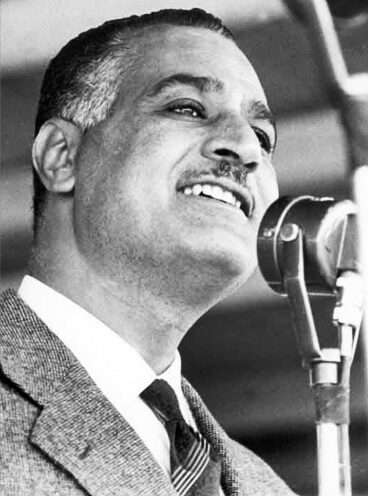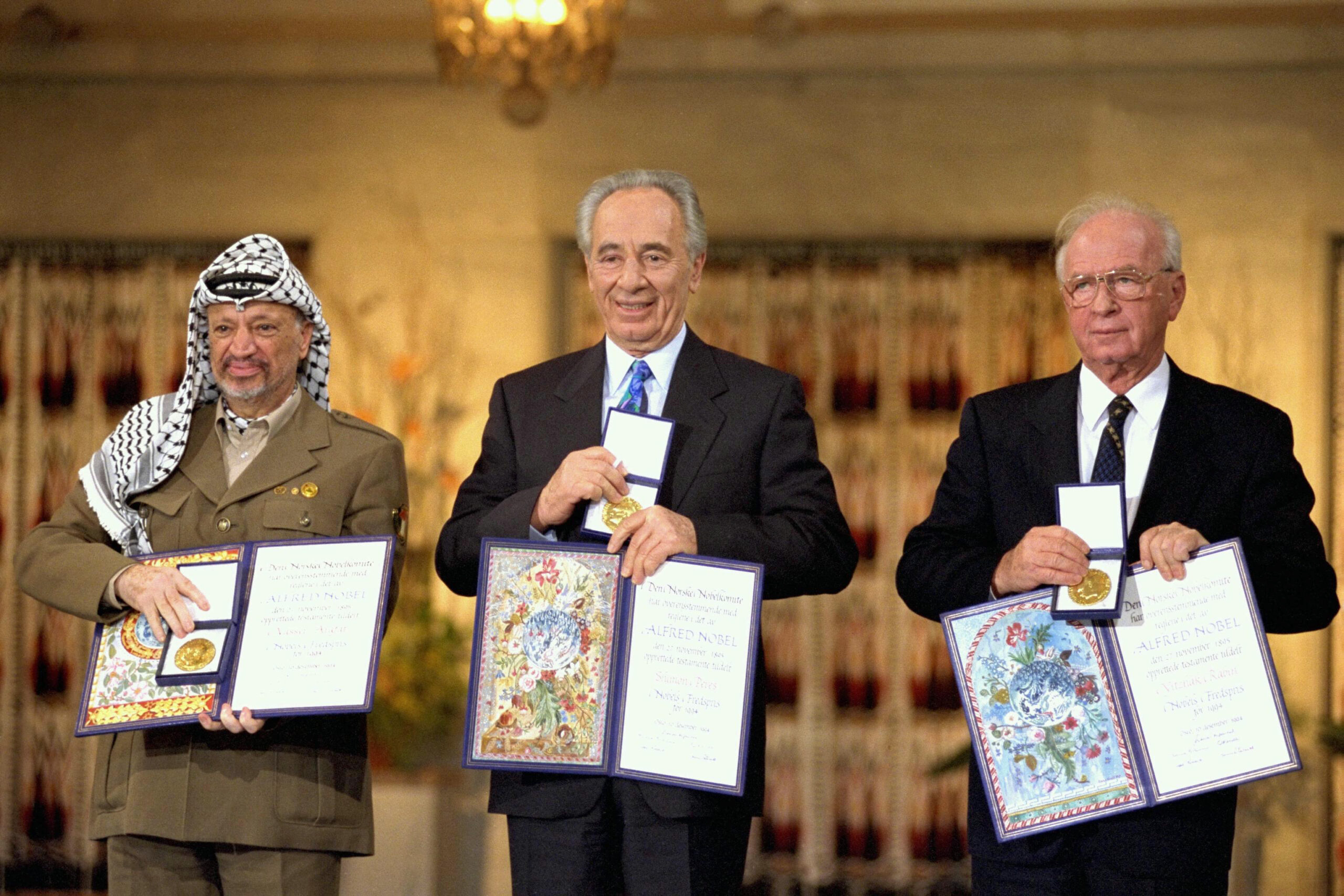Western media never critically examined the so-called Abraham Accords, writes As`ad AbuKhalil.

Sept. 15, 2020: From left: UAE’s Foreign Minister Abdullah bin Zayed Al Nahyani, Israeli Prime Minister Benjamin Netanyahu, Bahrain’s Foreign Minister Abdullatif bin Rashid Al-Zay and U.S. President Donald Trump during signing ceremony for the Abraham Accords. (White House, Joyce N. Boghosian)
By As`ad AbuKhalil
Special to Consortium News
 The recent normalization between Gulf regimes and Israel received much positive Western coverage as both Republicans and Democrats in Congress rushed to support the emerging alliances. The despotic nature of Gulf regimes was of little concern as the U.S. has been sponsoring tyrannical rule in the Middle East for decades.
The recent normalization between Gulf regimes and Israel received much positive Western coverage as both Republicans and Democrats in Congress rushed to support the emerging alliances. The despotic nature of Gulf regimes was of little concern as the U.S. has been sponsoring tyrannical rule in the Middle East for decades.
Former President Donald Trump intended to make it the crowning achievement of his administration and made it a big part of his campaign. Nevertheless, anti-Trump media never critically examined the so-called Abraham Accords.
The name implies that the peace treaties between Arab regimes and Israel have a religious background, or at least connotation. The Abraham Accords imply that the Arab-Israeli conflict is religious in nature, and that the two sides can speak on behalf of two “great” religions. While Israel insists on speaking on behalf of world Jewry, the Saudi and Emirati despots won’t dare speak on behalf of Islam. The Saudis make a big deal of being the “custodian of the two holy sites,” not because it has a religious or political legitimacy among Muslims, but precisely because it lacks it and hopes to get it though such propaganda.
The name Abraham Accords (Abraham is regarded as a prophet by Muslims and Jews) ignores parties to the conflict who are neither Muslim nor Jewish. Palestinian Christians are as much an integral part of the Palestinian people as are the Muslims, and there are Palestinians who are not religious.
Religious Framing

Vistiors to The Church of the Holy Sepulchre within the Christian Quarter of the walled Old City of Jerusalem, 2012. (Jlascar, CC BY 2.0, Wikimedia Commons)
The Abraham Accords try to frame the Arab-Israeli conflict as religious to make it easier for Westerners to sympathize with Israelis. For decades, Zionist accounts of the conflict disregarded the presence of Palestinian Christians in order to portray the conflict as one between bloodthirsty Muslims and Jewish victims of the Holocaust.
The religious treatment appeals to Western Christians who often see a contemporary conflict through a biblical prism. It’s in Western Zionists’ interests (both Christian and liberal secular) to ignore the presence of Palestinian Christians to turn the conflict into a Muslim-vs-Jewish one. The concoction of Muslim-Jewish enmity is more likely to solidify Western sympathy for the Jewish state because Muslims are the least likely to receive sympathy, as a religious group, from Western audiences.
Palestine & the Gulf

George Habash in 1969. (Dahnoon, Wikimedia Commons)
Gulf regimes never really invested in the Arab-Israeli conflict. After 1948, public expectations for Arab official support for the Palestinians were such that all Arab oil-rich countries donated to the war effort, and funded arms purchases for “confrontation states” (namely Egypt, Syria, and Jordan — and later the PLO after 1964).
But Gulf support for the Palestinians was largely rhetorical and their funding for the PLO was more an attempt to control the organization to prevent the ascendancy of radical forces within it, like the PFLP of George Habash.
Yasser Arafat received funding from the reactionary Gulf states and in return he fought effectively against radical organization and strategies, and steered the PLO in the direction of a peaceful settlement with Israel. It is not an exaggeration to maintain that Gulf funding of Arafat basically aborted the Palestinian revolutionary potential.
But Gulf regimes also contributed to the Palestinian cause in a different way: in the face of secular Arab nationalism of Egyptian President Gamal Abdel Nasser, they sponsored his rivals, the Muslim Brotherhood and other Islamist orientations.
Muslim preachers and teachers who fled the secularism of Nasser’s Egypt were received, sheltered and awarded prominent positions in Gulf countries. Most ran the education and religious sectors of the state. They also collaborated to produce religious-oriented rhetoric on the Palestinian question, which was in stark contrast to the secular Arab nationalist rhetoric of Nasser.
Gulf regimes infused Arab political culture with sinister anti-Semitic rhetoric that blamed the Jewish people — as Jewish people — for the suffering of the Palestinians. Gulf regimes invested in the production of anti-Semitic literature. Some was imported from Western anti-Semitism and the rest was produced locally, drawing on religious heritage and focusing on elements that could be used against the Jewish people.
The Arab Cold War

Egypt’s late President Gamal Abdel Nasser. (Wikimedia Commons)
Gulf regimes never invested in the scientific study of Zionism or in the history of Palestine. It was Nasser and Palestinian intellectuals (under the umbrella of the PLO) who insisted on rejecting anti-Semitism and on drawing distinctions between Zionism and Judaism, and between hostility to Zionism and repugnant anti-Semitism.
Zionist lobbies worldwide strove to find evidence of anti-Semitism in Nasserist and PLO literature and found very little. In the case of Nasser, Zionist literature could only refer to a reference to the Protocols of the Elders of Zionism that Nasser allegedly mentioned in an interview with an Indian journalist (but that was not made by Nasser in Arabic). And Zionist celebrity journalist, Oriana Fallaci, in Life magazine fabricated an anti-Semitic saying and attributed it to Habash, who as the leader of the PFLP was thereafter wrongly known for “anti-Jewish pronouncements.”
Nevertheless, the Gulf propaganda machine specialized in producing anti-Jewish literature and often mixed it with anti-communist tenants. Thus, the Jewishness of Karl Marx was a cornerstone of Gulf regime rhetoric during the Arab Cold War (which is the name of an essential book by Malcolm Kerr, a reference to the period from 1956 to 1967 when the conflict between Nasser and the Saudi regime dominated Arab politics).
And those governments have had contacts with Western anti-Semites who have been invited to “lecture” and give interviews in the region (Al-Jazeera even hosted the neo-Nazi David Duke after Sept. 11, and he spoke in Bahrain). The writings of Lyndon Larouche were cited in Gulf media, and it was common to dig out the most offensive comments about Jewish people in the Arab/Islamic heritage. But even Bernard Lewis concedes in his The Jews of Islam that there is no racialist anti-Semitism (like that of Christian European) in Islamic heritage.
After decades of propagating repugnant anti-Semitic literature and propaganda in the Arab and Islamic worlds, the Gulf regimes have decided to settle with Israel and to even establish an alliance with the Jewish state. In the wake of Sept. 11, the Saudi regime launched the initiative of “dialogue between religions” (and King Abdullah of Saudi Arabia founded a center by that name in Vienna).
The thrust of the Saudi initiative was to get closer to Israel though an ostensible dialogue with Jewish religious leaders — and for some reason Shimon Peres joined the Saudi King in 2008 in New York City. This came as the Saudi regime was facing severe criticisms in the U.S. in the wake of Sept. 11 and was desperate to improve its image.
Who Me, Anti-Semitic?
The reason these governments were eager to move from repugnant anti-Semitism to ostensible philo-Semitism was to try to prove that they weren’t anti-Semitic. It was the same reason that Egyptian President Anwar Sadat visited Israel and signed a peace treaty with it despite his past Nazi sympathies and anti-semitism.
Arab despots believe in wildly exaggerated — and anti-Semitic —scenarios about the role and power of Jews in the U.S. and the world.
Similarly, the Moroccan King, Hasan the II, spoke glowingly of “Jewish brain power” and the need to match it with Arab money because he believed that Jews are not like other people of the world.
Arafat had the same view in pursuing peace with Israel through the U.S. He held a firm belief that a group of Jewish officials controlled all aspects of U.S. foreign policy toward the Middle East. He would often name those officials, although he often identified non-Jewish officials as Jewish.
 In the same way, the daily Ash-Sharq Al-Awsat, a Saudi regime mouthpiece, insisted that U.S. UN ambassador Jeanne Kirkpatrick was Jewish because she was a strong supporter of Israel.
In the same way, the daily Ash-Sharq Al-Awsat, a Saudi regime mouthpiece, insisted that U.S. UN ambassador Jeanne Kirkpatrick was Jewish because she was a strong supporter of Israel.
The Saudi regime tried to ingratiate itself with the American public and U.S. Congress by establishing relations with Jewish organizations. But for those regimes, the old anti-semitic canard that “Jews control the world” (which is drawn from the notorious Tsarist police forgery, the Protocols of the Elders of Zion) is believable.
The Rush to Normalize
The ongoing rush of normalization by Arab Gulf and other despots with Israel should not be seen as a break by these regimes with their notorious anti-semitic past. Far from it, those regimes are merely re-channeling their anti-semitism in order to ingratiate themselves with the U.S. Congress because they think that by improving relations with Israel they are able to reach to the heart of the Western world which they still view as being under a mythical Jewish control.
That Western media welcomes these steps of normalization without analyzing the thrust and motives of Arab despots is merely a byproduct of Western media enthusiasm for “Arab” peace with Israel, even if the normalizations are with notorious anti-Semites.
As`ad AbuKhalil is a Lebanese-American professor of political science at California State University, Stanislaus. He is the author of the Historical Dictionary of Lebanon (1998), Bin Laden, Islam and America’s New War on Terrorism (2002), and The Battle for Saudi Arabia (2004). He tweets as @asadabukhalil
The views expressed are solely those of the author and may or may not reflect those of Consortium News.



What a great piece. Thank you.
“The Saudi regime tried to ingratiate itself with the American public and U.S. Congress by establishing relations with Jewish organizations. But for those regimes, the old anti-semitic canard that “Jews control the world” (which is drawn from the notorious Tsarist police forgery, the Protocols of the Elders of Zion) is believable. ”
Stupidity, or learning from experience? When a country like Malaysia hires lobbyist with AIPAC experience, it gets results, to illustrate how this experience develops.
I would suppose you are referring to the recent, while still under Trump rule, love affair encouraged between the Saudis and Israel by Pompeo. Your statements here seem to be very brief if not cryptic. But no matter, I’m sure the U.S. intelligence community encouraged Pompeo simply because they desire chaos in the region.
I have news for you as an average American I know better than to fall for any U.S. State Department / Saudi scheme here.
The last election here proves what Americans at large thought of Trump’s so called “policies”. Biden will learn something about how Americans feel about the inequity of treatment Israel receives including antagonizing the growing group of younger Americans who feel , rightly so, that they owe Israel nothing.
He will learn or not get another term.
Your statements here seem to betray you. You seem unable to control your excitement, taking another opportunity to poke your finger in the eye of Americans. Do you actually think the majority of
Americans are with you on this. Mean spirited braggadocio or simple ignorance on your part?
“Stupidity, or learning experience? When a country like Malaysia hires lobbyist with AIPAC experience, it gets results, to illustrate how this experience develops.”
This could be a teachable moment, but me thinks not, especially when considering the student.
You see in my opinion this statement exposes the arrogance of Israels right wing governing party. In your highly self imposed exuberance to boast about AIPAC you present the perfect example of why the AIPAC lobby should be eliminated. The AIPAC lobby asserts undo influence over Americas governing bodies.
I defy anyone to approach the Israeli government and require the same recognition Israel gets in the U.S. congress before begging for more money. The current leaders of Israel behave exactly as the exceptionally spoiled, president reject Trump, Benny so lovingly embraced.
Everyday more Americans are waking up the slow con Israel, the American elitist Deep State and the U.S. intelligence community have used to hog-tie our foreign policy for far too long.
So which is it, means spirited braggadocio or ignorance, or both. As I’m so found of saying, Piotr, your slip is showing!
Thanks CN
I’m sorry, but you have made an error. There was absolutely nothing “anti-Semitic” in Lyndon LaRouche’s writings or publicly stated policies.
Thank you for this march through the historical record of lies and hypocrisy….maybe my own lens through which I currently view things is cloudy but this developing political “match” made in “heaven” (pun intended) seems to be an alliance of the wealthy and powerful and privileged through oil and armaments and aggression whatever whose victims, as always, are the poor and vulnerable and disenfranchised – that’s what these authoritarian (no matter what they may or may not claim about democracy) “leaders” have in common – the abuse of the people within their own countries who are marginalized groups and the abuse of marginalized weaker cultures out side their countries….it all boils down to the strong vs the weak, no matter that some of the most vulnerable and abused might be kinder more valuable more gifted more humane people – who, if respected and welcomed could contribute to the richness within each culture – than the mightiest of the strong who are corrupted and obsessed by their own insatiable lust for power and their greed….
When this is still going on in the 21st century no wonder the doomsday clock is at 2 minutes to midnight with nuclear war and climate destruction looming over this planet…
Thank you, As`ad AbuKhalil